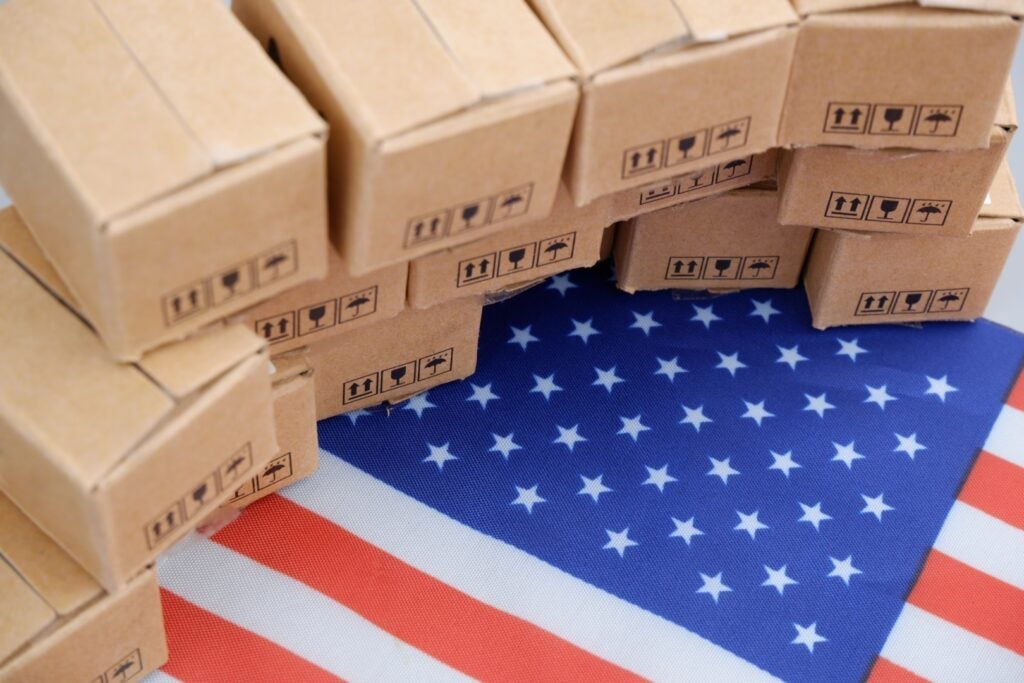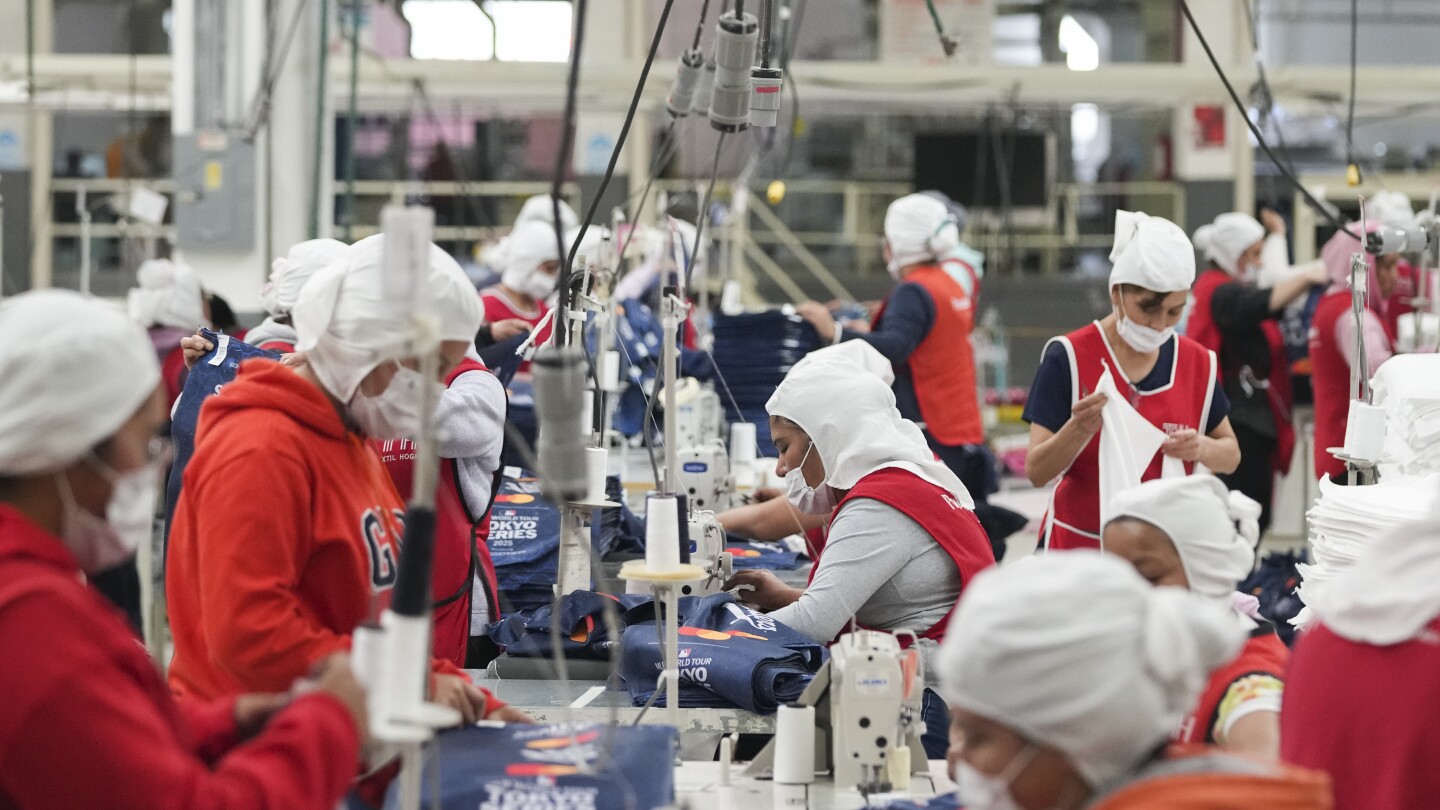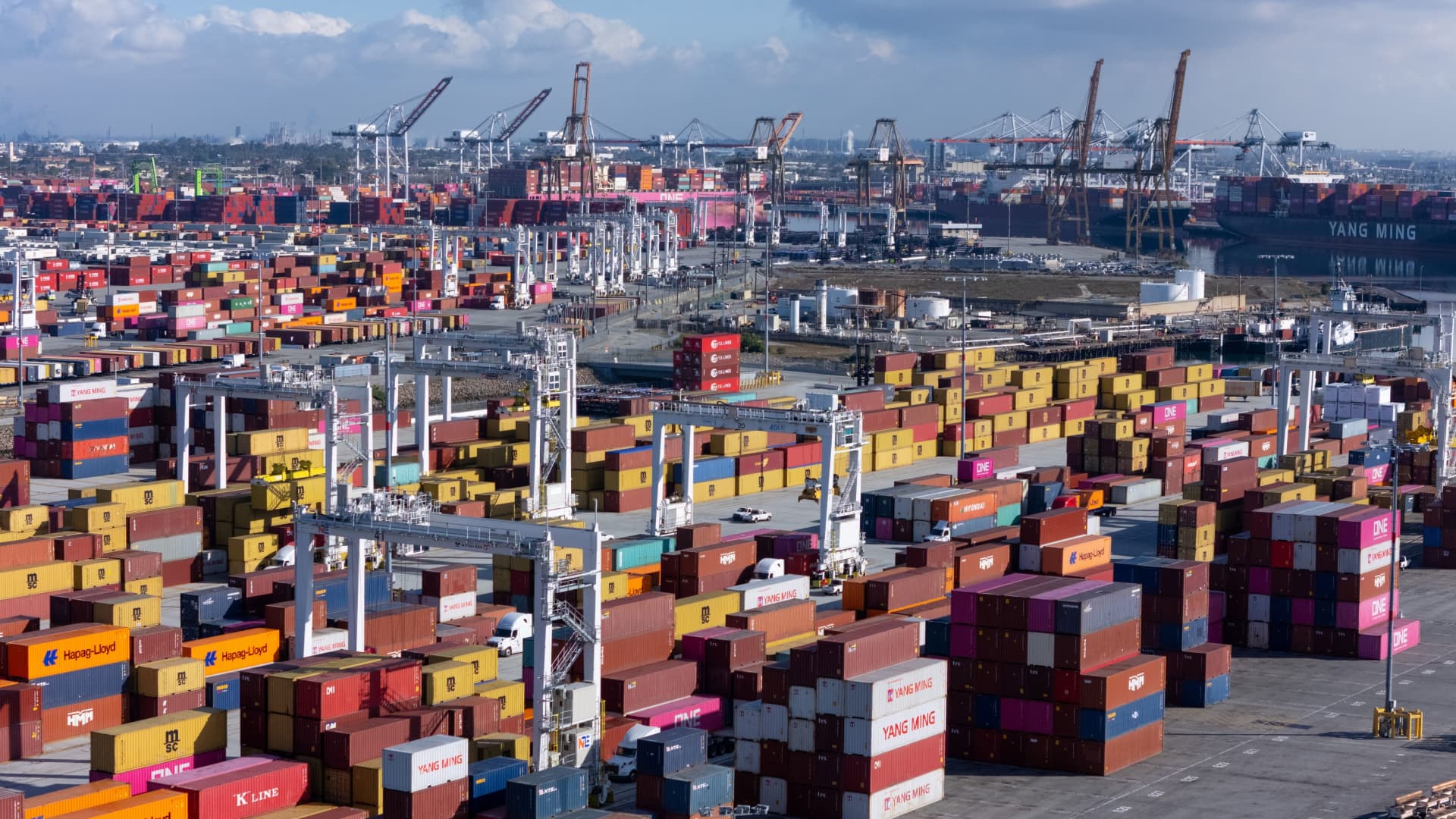Navigating the Trade Landscape: Trump’s Potential Tariff Targets Unveiled
As the global economy continues to evolve, trade policies play an increasingly crucial role in shaping the landscape of international business. With President Trump preparing to unveil a new round of tariffs this Saturday, industries such as chips and steel are poised to undergo significant changes. This move raises important questions regarding the implications for the economy and global trade relations. In this article, we will delve into potential tariff targets, the sectors that may be affected, and the broader implications of these trade policies.
The Impending Tariffs: What to Expect
In the realm of international trade, tariffs serve as a tool for governments to regulate imports and protect domestic industries. With President Trump’s announcement on the horizon, many experts are speculating about which sectors might be targeted. Analysts have highlighted key industries, particularly semiconductors and steel, as likely candidates for increased tariffs.
Chips: The Semiconductor Sector
The semiconductor industry is crucial to the modern economy, powering everything from computers to smartphones. Given the ongoing global chip shortage, which has exacerbated supply chain issues across several industries, the introduction of tariffs could have far-reaching consequences.
- Impact on Prices: Increased tariffs on imported chips would likely result in higher prices for consumers and businesses reliant on these components, potentially stalling innovation and production.
- Domestic Production: Trump’s administration has emphasized the need for self-sufficiency in semiconductor manufacturing. Tariffs may incentivize domestic production, but this shift requires substantial investment in infrastructure and workforce development.
- Global Supply Chain Disruptions: Given the interconnected nature of the semiconductor supply chain, tariffs could disrupt established relationships and lead to delays, impacting industries beyond just technology.
Steel: A Pillar of Industry
The steel industry has long been a focal point for U.S. trade policy. Tariffs introduced in previous years aimed to bolster domestic production and protect American jobs. As Trump looks to implement new tariffs, the steel sector is likely to be in the spotlight once again.
- Job Protection vs. Job Loss: While tariffs can protect jobs in the steel industry, they may also lead to job losses in industries that rely on steel as a raw material, such as automotive and construction.
- Price Increases: Like chips, tariffs on steel imports could lead to increased costs for manufacturers, which might ultimately be passed on to consumers.
- Retaliation from Trade Partners: Previous steel tariffs have led to retaliatory measures from countries like China and Canada, which could exacerbate trade tensions and lead to a cycle of escalating tariffs.
Broader Economic Implications
The introduction of new tariffs is not just a matter of specific industries; it has implications for the economy as a whole. Understanding these wider effects is essential for grasping the potential consequences of Trump’s trade policy.
Inflationary Pressures
One of the most immediate concerns regarding new tariffs is their potential to exacerbate inflation. As prices rise for essential goods and raw materials, consumers may find their purchasing power diminished.
- Consumer Goods: Higher tariffs could lead to increased prices for everyday items, from electronics to home appliances, affecting household budgets.
- Investment Decisions: Businesses facing higher costs may delay or scale back investments, negatively impacting economic growth.
Global Trade Relations
The imposition of tariffs can strain relationships between the U.S. and its trading partners. As countries retaliate, a cycle of tariffs can ensue, leading to a trade war that disrupts global markets.
- International Cooperation: Tariffs can hinder collaborative efforts to address global issues, from climate change to public health crises. A more isolationist trade policy may limit the ability to work together on pressing challenges.
- Long-Term Relationships: Countries affected by tariffs may seek to strengthen trade ties with other nations, potentially diminishing the U.S.’s influence in global trade.
Potential Strategies for Businesses
As businesses brace for potential changes in the trade landscape, it’s crucial for them to develop strategies to navigate these challenges effectively. Here are some considerations:
- Diversification of Supply Chains: Businesses can mitigate risks by diversifying their supply chains, sourcing materials from multiple countries or investing in domestic production capabilities.
- Cost Management: Companies should focus on managing costs through efficiency improvements and strategic pricing to absorb some of the increases associated with tariffs.
- Policy Engagement: Engaging with policymakers and industry associations can help businesses voice their concerns and advocate for policies that promote fair trade practices.
A Path Forward
While the impending tariffs may present challenges, they also offer an opportunity for American industries to reassess and innovate. The focus on domestic production in key sectors could lead to advancements in technology and manufacturing processes.
Moreover, as businesses adapt to the shifting trade landscape, they may uncover new markets and opportunities that arise from changes in global supply chains. By staying informed and agile, companies can navigate the complexities of tariffs and position themselves for future growth.
Conclusion
The unveiling of new tariffs by President Trump is set to reshape the trade landscape, particularly for critical industries like chips and steel. While challenges abound, there is also potential for innovation and growth. By understanding the implications of these tariffs and taking proactive steps, businesses can navigate the complexities of the evolving trade environment. In this dynamic landscape, adaptability and strategic foresight will be key to thriving in the face of change.
See more CCTV News Daily



